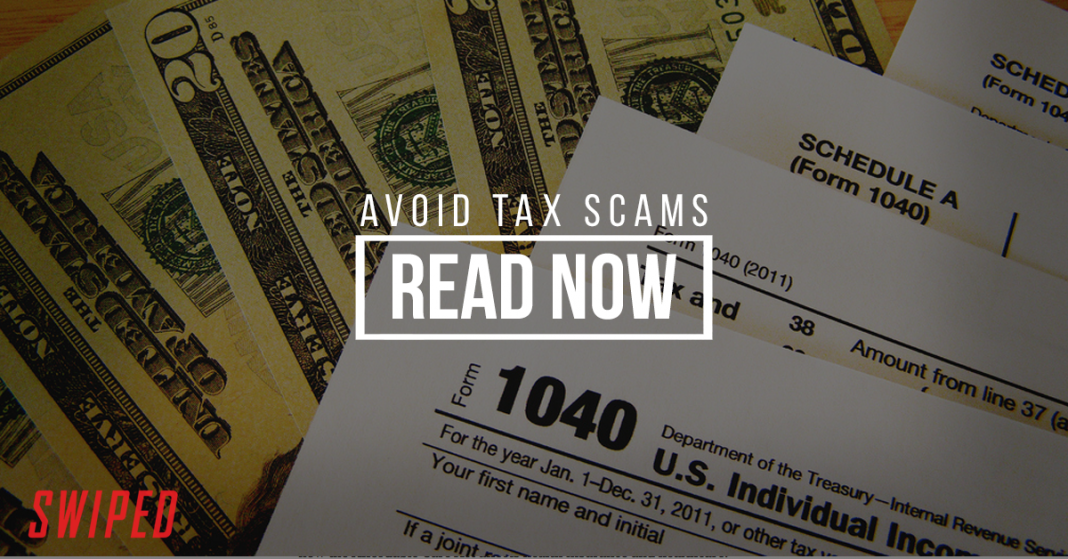Tax Season is fraud season. It’s prime time for fraudsters and scammers looking to steal your personal and financial data.
This scam is directed at tax preparers. The tax professional receives what looks like a real solicitation from a potential client stating they need help with a tax issue. If the tax professional responds to the email, the scammer follows up with a second email. That email typically has either an embedded web address or contains an attachment which the scammers allege contains the potential client’s tax information. When the tax professional clicks on the malware-infected link or downloads the attachment, the scammers are then able to steal the tax professional’s email address, password, and other private information, including tax data.
Tip: Tax professionals should be on high alert for phishing emails and never click on links or attachments. They should only deal with clients they can also contact over the phone.
Take advantage of Tax Identity Theft Awareness Week to learn how to avoid scams and protect your identity.










